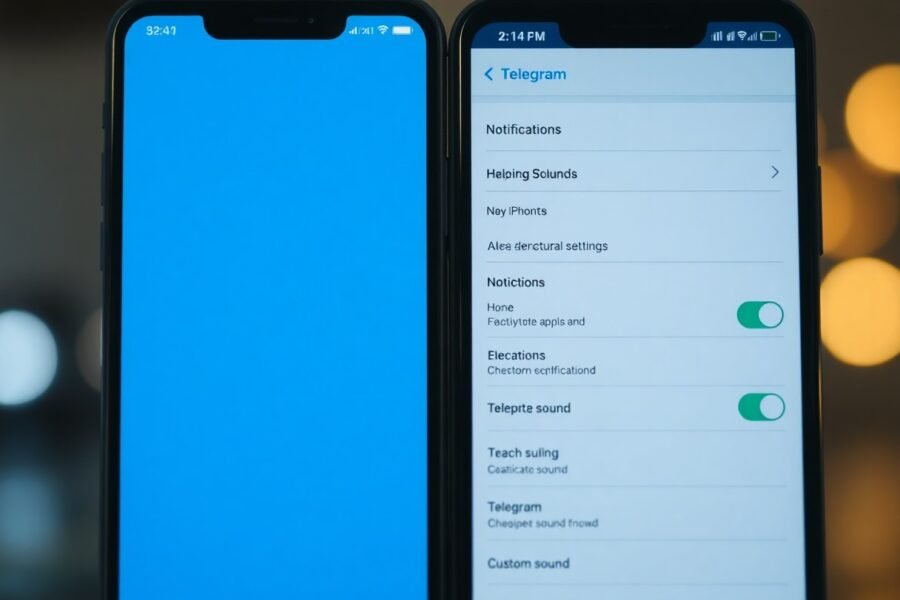Hiring the right people is one of the most important things for a company’s growth. A poor recruitment strategy can waste time, money, and hurt team morale. When you bring a new person onto your team, you’re making a big investment. This guide explains the common hiring mistakes employers make and how you can avoid them to build a strong, effective workforce for long-term success.
The High Cost of a Vague Job Description
A job description is the foundation of your entire hiring process. When it’s unclear, you attract the wrong candidates and set your new hire up for failure. This can lead to conflicts down the line about job duties and responsibilities.
Think of it as a contract. If a task isn’t listed, an employee can rightfully refuse to do it. For example, simple things like keeping a workspace clean might seem obvious, but they should be included to avoid any confusion.
A poorly written job description can even lead to legal trouble. To prevent this, it’s wise to be extremely detailed. According to employment lawyer Ravi Sattiraju, consulting an attorney can help you draft descriptions that are comprehensive and legally compliant, protecting your company from future disputes.
To make your job descriptions more effective, always include:
- A clear summary of the role
- A detailed list of daily duties and responsibilities
- Required skills and qualifications
- Information about the team and company culture
Failing to Prepare for the Interview
The interview is your best chance to understand a candidate’s skills and personality. Going into it unprepared is a major mistake that wastes everyone’s time. Without a plan, you might forget to ask important questions and end up making a decision based on a “gut feeling” rather than real evidence.
You need to have a set of thoughtful questions ready. These should test not only the candidate’s technical knowledge but also their problem-solving abilities and how they handle workplace situations. If you’re not sure what to ask, get help from your HR department or senior team members who understand the role well.
A structured interview process ensures every candidate is evaluated fairly on the same criteria. This helps you compare apples to apples and reduces the chance of bias influencing your decision. Preparation shows candidates you respect their time and are serious about finding the right person.
The Danger of Hiring in Your Own Image
It’s human nature to like people who are similar to us. In hiring, this is known as affinity bias, and it’s a trap many managers fall into. While it might feel comfortable to hire someone who thinks and acts like you, it can severely limit your team’s potential.
A successful team is made up of people with different skills, backgrounds, and viewpoints. This diversity leads to more creative ideas and better problem-solving because issues are examined from multiple angles. Hiring only people who agree with you creates an echo chamber where new ideas are rare.
Instead of looking for a clone of yourself, search for candidates who bring a new perspective. Look for brilliant people who can challenge your way of thinking in a constructive way. This is how innovation happens and how a company truly grows.
| Team Composition | Potential Outcomes |
|---|---|
| Homogeneous Team (Similar Members) | Faster initial agreement, but higher risk of groupthink and missed opportunities. |
| Diverse Team (Varied Members) | More debate and longer decision-making, but leads to more innovative and robust solutions. |
Giving Company Culture Too Much Weight
Company culture is important, but it shouldn’t be the only factor in your hiring decision. Many managers make the mistake of rejecting a highly skilled candidate because they aren’t a perfect “culture fit,” only to hire a less competent person who seems to blend in easily.
This is a short-sighted approach. Remember, you can teach a new employee about your company’s culture and way of doing things. However, it is much more difficult and expensive to teach someone core skills, talent, and a strong work ethic.
A great candidate should be both talented and adaptable. Sometimes, a new person with a different background can even improve your company culture. They might introduce more efficient processes or point out a “destructive culture” that your existing team has become blind to. The goal should be to find someone who can add to your culture, not just fit into it.
How to Create a Better Hiring Process
Avoiding these common mistakes requires a thoughtful and structured approach. The first step is to recognize that hiring is a critical business function that deserves careful planning and execution. A strong process not only finds better candidates but also improves your company’s reputation.
Start by standardizing your process. Create templates for job descriptions and a core set of interview questions for each role. This ensures consistency and fairness. Involve multiple people in the interview process to get different perspectives and reduce individual bias.
Finally, never skip due diligence. Performing background checks, like a CRB Check, is a crucial step to ensure the safety and security of your company. By refining your process, you can build a talented and reliable team that drives your business forward.
Frequently Asked Questions about Hiring Mistakes
What is the single biggest hiring mistake a company can make?
The biggest mistake is often creating a vague or inaccurate job description. This is the foundation of the entire process, and getting it wrong means you’ll attract the wrong talent and create confusion from day one.
How can I avoid personal bias when hiring new employees?
To avoid bias, use a structured interview process with the same set of questions for all candidates. Involve a diverse panel of interviewers to get multiple perspectives and focus on objective skills and qualifications rather than personal feelings.
Is ‘culture fit’ no longer important when recruiting?
Culture is still important, but the focus should shift from “culture fit” to “culture add.” Instead of asking if a candidate will blend in, ask what new perspectives and values they can bring to enrich your existing culture.
Why do so many new hires fail within the first year?
Many new hires fail due to a mismatch in expectations, which often starts with an unclear job description or a poor onboarding process. Other reasons include a lack of support from management and a disconnect with the company culture.
Should I hire for skills or for potential?
The best approach is to find a balance. A candidate should have the core skills to do the job, but it’s equally important to hire for potential, adaptability, and a willingness to learn. A great hire can grow with your company.









Leave a Comment